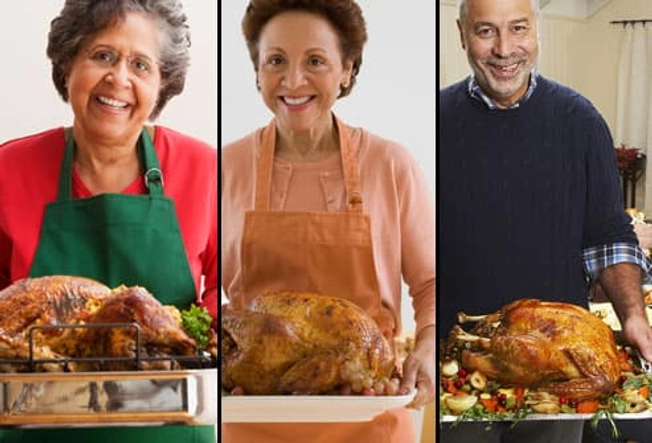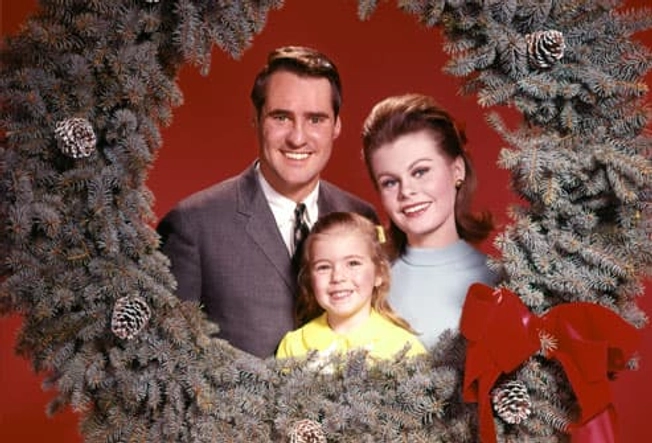- Overview
- Symptoms
- Causes & Risks
- Diagnosis
- Types
- Major Depressive Disorder
- Treatment
- Antidepressants
- Treatment-Resistant Depression (TRD)
- Living With
- Recovery & Relapse
- Complications
- Caregiving & Support
- Appointment Prep
- View Full Guide
10 Triggers for Holiday Blues


Family Gatherings
A serving of drama with your holiday turkey? If your family fights, or going home triggers bad memories, you can cope.
- Don't expect the worst. Focus on catching up with a cousin or enjoying your favorite dish.
- Make a plan. Have a trusted relative ready to spring you from bad conversations.
- Set a time limit. Stop by for just 15 minutes. Or if you can't bear to go, just RSVP "no."

Over-Commercialization
When plastic reindeer and pressure to outdo last year's gifts are just plain depressing, here are some ways to put the focus back on whatever's meaningful to you:
Spend quality time with loved ones. Draw from your beliefs. Stick to simple traditions. Make a donation to charity instead of giving gifts.

Over-Committing
How to cope: Behold the power of "No." Sounds silly, but practice saying it -- out loud, in front of a mirror. Feel free to drop "no" to any holiday invitation. You don't have to give a reason. Making a commitment to yourself to stay well-rested is healthy.
If there's an obligation you feel you must honor but you're still feeling overwhelmed, ask for help. Be specific. For example, "Can you bring the salad?"

Financial Worries
You don't have to spend a lot -- or even anything -- to show you care.
Try: Buying books, personalizing by topic. Writing a thoughtful note or making gifts. Or scheduling a coffee or dinner with friends to enjoy one another's company.
When shopping, create a budget early and stick to it. Scope out gifts online to avoid impulse buys in the mall frenzy.

Unrealistic Expectations
Life is hectic year-round. Add the pressure to produce a perfect holiday while also being merry and it's easy to be left feeling bogged down, not festive.
Coping tip: Ditch perfectionism. No time to bake cookies for your son's classmates? Store-bought cookies are just fine. Forgot the wreath? It's OK. Your family will forgive you.

Fatigue
Staying up late wrapping presents, devoting days to make tins of chocolate treats for neighbors, or hustling through the mall can be exhausting and take its toll.
Coping tip: Take a breather. Remember, you can't enjoy the holidays if you're wading through them in a zombie-like fog. Make time to rest and revitalize. Plan nights in with no commitments and head to bed early.

Stress
Relatives. Shopping. Travel. Party planning. Finding childcare. Holidays can add to stress or sadness you feel during the regular year.
To survive: Plan daily "me time." Just set aside 15 minutes to go walking or do something else you enjoy.
If you see a therapist, make arrangements to go more often if you feel you'll need it. Or ask if you can do phone check-ins in case of crisis.

Breaking Healthy Habits
So you had an extra cup of eggnog. It's OK. Don't let a one-time holiday overindulgence derail the healthy habits you work on all year -- like eating well, getting enough rest, and taking medications regularly.
Tips to get on track: Start fresh tomorrow. Try fresh veggies or fruit as a pre-party snack to curb buffet regrets. Avoid alcohol or know your limit. Keep a set exercise and eating routine.

Being Away from Family and Friends
If you can't make it home this holiday or your friends have other plans, try:
- Branching out. Celebrate with folks who will be in town and start a new tradition.
- Looking ahead. Plan a visit in the New Year. Focusing on a future visit can take your mind off the present.
- Volunteering. It places you around people and the emphasis on giving. Studies show helping others can help improve your mood and well-being.

Shorter Days, Lack of Sunlight
The darkness of winter really does affect some people's moods. Sadness, anxiousness, loss of interest in activities, or sleeping more every winter can be a sign of depression called seasonal affective disorder (SAD). An estimated 10% - 20% of people in the U.S. experience a mild form of winter onset SAD, and it seems to be more common in women.
Coping tip: If you have symptoms, see your doctor. Treatment is available.